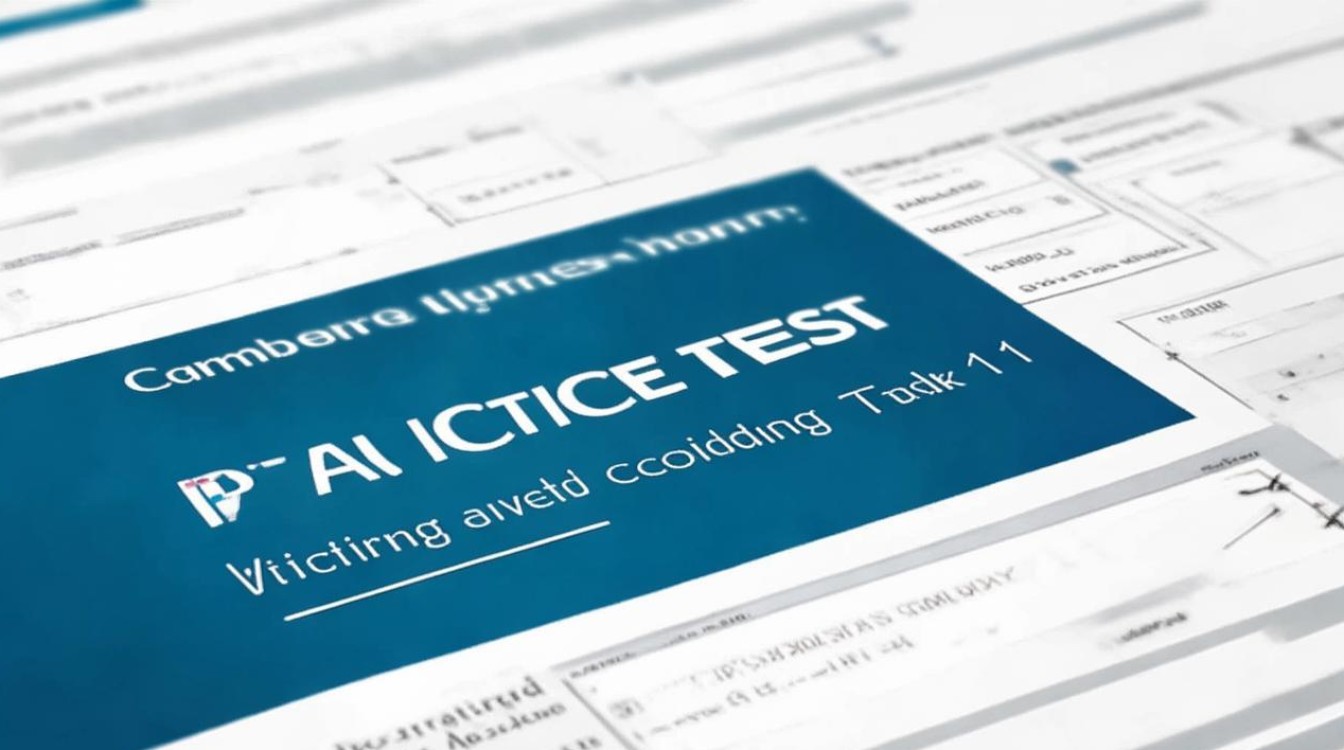雅思写作Task 1(图表作文)是考生必须掌握的核心题型之一,剑桥雅思真题10中的图表题目具有典型性,能够帮助考生理解出题规律,本文将结合剑10真题,分析图表作文的写作要点,并提供实用技巧,帮助考生高效备考。

剑10图表题型分类与特征
剑桥雅思真题10共包含4篇图表作文题目,涵盖以下类型:
-
动态数据图(趋势变化)
- 剑10 Test 1的线形图(欧洲某国不同年龄段人群去电影院观影的比例变化)
- 核心特征:时间跨度明显,需描述上升、下降、波动等趋势。
-
静态数据图(对比分析)
- 剑10 Test 3的表格(不同国家在三个领域的支出占比)
- 核心特征:无时间变化,侧重数据间的横向比较。
-
混合图表(综合信息)
- 剑10 Test 4的柱状图+表格(某公司员工满意度调查结果)
- 核心特征:需整合多图表信息,避免孤立描述。
高分写作框架解析
开头段(Introduction) 明确图表核心内容,避免直接抄题,建议用同义替换和句式转换。
剑10 Test 1示例:

- 原题:The graph below shows the proportion of the population aged 65 and over between 1940 and 2040 in three different countries.
- 改写:The line graph illustrates the percentage of elderly people (aged 65+) in Japan, Sweden, and the USA over a century from 1940 to 2040.
概述段(Overview)
概括核心特征,不涉及具体数据,动态图需总结总体趋势,静态图需指出最大/最小或差异显著的部分。
剑10 Test 3示例(表格题):
- 核心观察:Overall, the data reveals significant variations in spending patterns across the five categories, with food and housing accounting for the largest shares in most countries.
细节段(Details)
分2-3段展开,按逻辑分组描述数据,动态图可按时间阶段或对象分组,静态图可按高低顺序或类别划分。
动态图分段技巧(剑10 Test 1):
- 第一段:1940-1980年三国趋势(缓慢增长,美国始终领先)
- 第二段:1980-2020年变化(日本反超,瑞典波动)
- 第三段:预测趋势(2040年日本老龄化最严重)
静态图数据选取(剑10 Test 3):

- 最高值:Italy allocated the largest budget to leisure (20%), while Canada spent the least (10%).
- 特殊对比:Housing expenditures varied dramatically, ranging from 15% in Germany to 34% in the UK.
数据描述语言优化
趋势动词多样化
- 上升:increase, climb, surge, recover
- 下降:decline, plummet, dip, stabilize
- 波动:fluctuate, oscillate, experience volatility
剑10 Test 1应用示例:
- Japan’s elderly population remained stable at around 5% until 2005, then rose sharply to surpass both Sweden and the USA by 2030.
程度副词精准化
- 剧烈变化:dramatically, significantly, substantially
- 缓慢变化:gradually, marginally, slightly
比较句型灵活化
- 倍数关系:twice as high as, three times lower than
- 差值关系:a 10% gap, the difference narrowed to 5%
常见误区与避坑指南
-
数据堆砌
错误示范:机械罗列所有数字(如“In 1960, Sweden was 8%, the USA was 9%, Japan was 5%...”)。
正确做法:选择性呈现关键数据,结合趋势分析。 -
主观臆断
错误示范:解释数据原因(如“The increase was due to better healthcare”)。
正确原则:仅描述可见信息,不添加图表外的分析。 -
时态混乱
- 过去数据用一般过去时(In 2000, the figure was 20%)
- 预测数据用将来时或情态动词(By 2040, it is projected to reach 35%)
真题范文精讲(剑10 Test 4)
** 柱状图+表格展示某公司员工对工作条件的满意度调查结果。

范文节选:
*The bar chart compares employee satisfaction levels across five categories, while the table details responses by gender and department. Overall, satisfaction was highest for team spirit (80%) and lowest for promotion prospects (35%).
Regarding departmental differences, the technical team reported the most positive feedback (72% satisfied), contrasting with the administrative staff’s 58% satisfaction rate. Notably, female employees expressed greater contentment than males in all areas except training opportunities...*
备考建议
- 限时训练:严格控制在20分钟内完成,留足检查时间。
- 语料积累:建立“趋势描述”“数据比较”专属词汇库。
- 真题精练:至少完成剑8-剑16所有图表题,总结重复考点。
图表作文的高分关键在于逻辑清晰与语言精准,通过分析剑桥真题的命题规律,考生能更快掌握数据筛选、段落划分和语言表达的技巧,坚持针对性训练,写作能力必然稳步提升。


